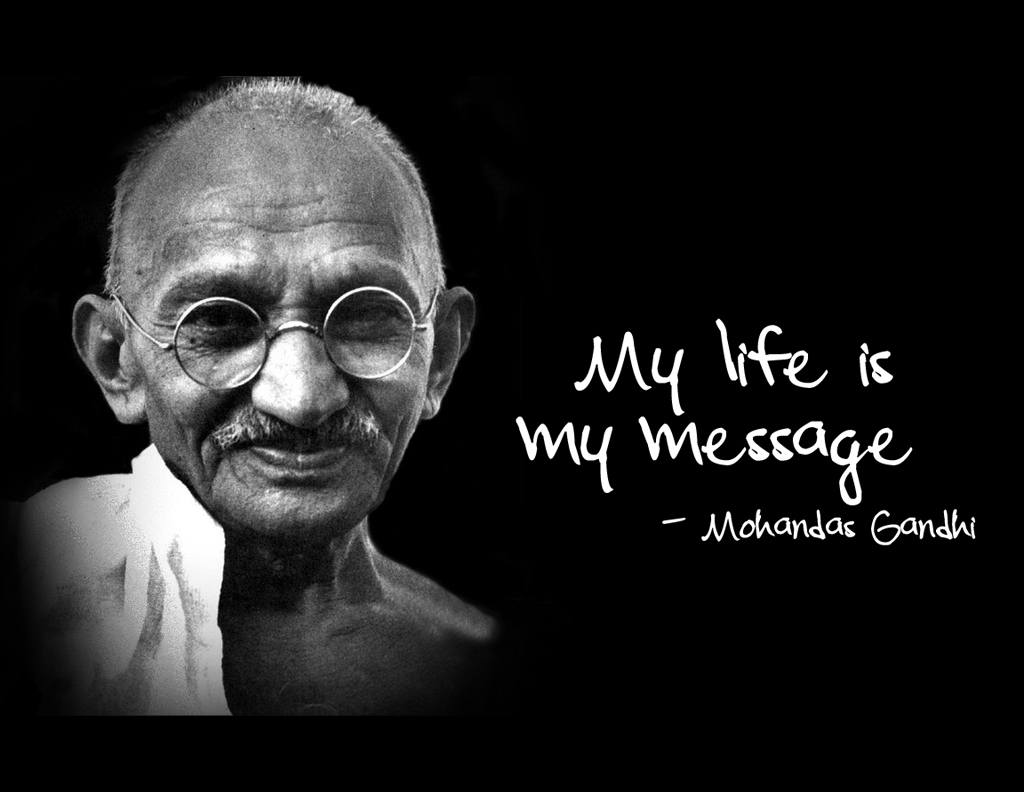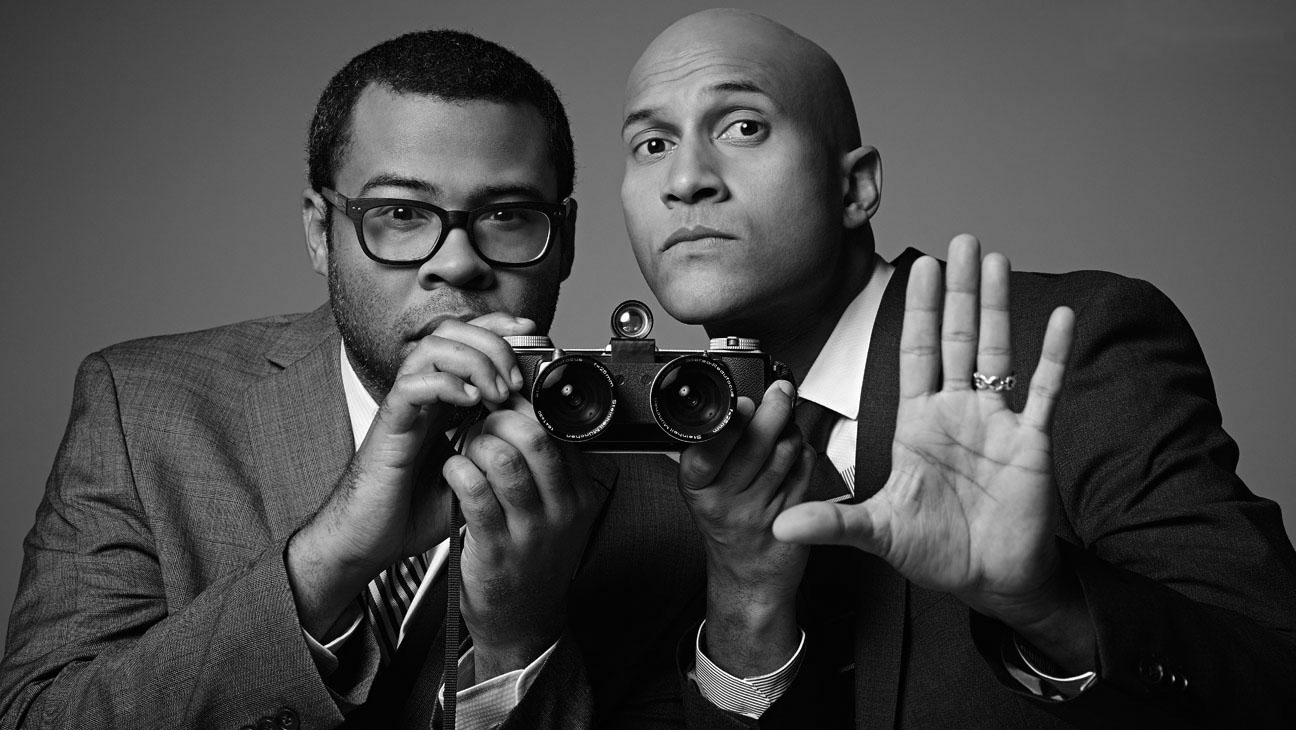Jordan: "Peeled" to his Core
"One of the best ways to enter the conversation about race is through art. If we can have a shared experience in a movie theatre, it gives us more of a basis for conversation."
Jordan Peele (born February 21, 1979) was previously known only for being a very funny man, but that does not mean there was/is not a lot on his mind. Peele went on to establish his authenticity and uniqueness as one of the brightest and well-known young comedians in the business and became a well-versed artist completely different from the ones surrounding him through his five seasons creating content for the Comedy Central sketch series Key & Peele with partner Keegan-Michael Key.
Peele drew a lot of his comedic inspiration from his childhood experiences growing up a biracial child with only his white mother in his life. When asked to describe his home life and internalized feelings surrounding being biracial, Peele stated, “Growing up, until really last year, I don’t know that I would have readily brought up my white mother to anyone. It was not something I’m embarrassed by, but to announce that was synonymous to some black people to saying, ‘I think I’m better than you.’ This whole thing has felt almost like a coming out as biracial – saying ‘this is a thing, we exist, and this is a future.'”
Peele has grown up with the unique experience of essentially living a "double life" and getting to explore different aspects of his race and identity while navigating life as a black man in America yet still holding his white identity, as well. As he straddled the line between the two communities and cultures, Peele discussed how this was no easy feat and that “every now and then you’d come up on somebody who would question how I spoke and whether or not I was trying to be something I wasn’t.” He often felt "othered" and ostracized from both communities and longed for a sense of belonging and acceptance.

To combat these feelings of being an outsider and made fun of, Peele would beat bullies to it and later decided to focus his whole career on altering the way he spoke and chose to embody many different characters. Perhaps this was a way to prove to himself that the way another person speaks or looks on the outside does not have anything to do with who they truly are.
 fears and sense of "otherness" due to his race, but used them to his advantage. Initially uneasy when it came to public speaking, Gandhi became known as an excellent listener. He utilized his humility and empathy to allow himself to internalize and analyze his big dreams and aspirations and then project this sense of motivation onto the masses who viewed him as a role model. Gandhi's hesitancy to use abrasive words that can cut deep and leave emotional scars allowed him to harness this inspirational power of "saying more with less". Today, Gandhi's mode of operation and peace-seeking effort in everything he does continues to touch the hearts of innumerable amounts of people across the globe and spark constructive conversations.
fears and sense of "otherness" due to his race, but used them to his advantage. Initially uneasy when it came to public speaking, Gandhi became known as an excellent listener. He utilized his humility and empathy to allow himself to internalize and analyze his big dreams and aspirations and then project this sense of motivation onto the masses who viewed him as a role model. Gandhi's hesitancy to use abrasive words that can cut deep and leave emotional scars allowed him to harness this inspirational power of "saying more with less". Today, Gandhi's mode of operation and peace-seeking effort in everything he does continues to touch the hearts of innumerable amounts of people across the globe and spark constructive conversations.Following his career in comedy, Peele ventured into the movie directing world and has found significant fame and success here, earning himself a nomination for best director and an invitation to join the Academy of Motion Picture Arts and Sciences in June of 2017. Peele was literally able to rewrite the narrative of Black people starring in horror films, changing them from always being the ones to die off first to finally having their authentic narratives and lives become the center of positive attention thanks to his twisted sense of imagination. Peele used his unique creativity to produced a gripping tale that would seamlessly allow for both black and non-black audiences to jointly identify with and empathize with his main character in his horror movie about the permeating racism that exists in everyday life. Peele's bold statement made by his movie highlights his view that living in a "post-racial world" wrongly perpetuates this backwards desire not to have to talk about racism. This is merely a false cognizance that if you are discussing race, then you are somehow encouraging the idea/notion of race. He showed that although we all go to view movies and plays in search of entertainment, "if what is left after you watch the movie is a sort of eye-opening perspective on some social issues, then it can be a really powerful piece of art," and encourages others to push the boundaries of societal norms and question the way things are around them.
"Racism comes in many different forms. Sometimes it's subtle, and sometimes it's overt. Sometimes it's violent, and sometimes it's harmless, but it's definitely here. It's something that I think we're all guilty of, and we just have to make sure that we deal with our own personal racism in the right way."


I really enjoyed your post on Jordan Peele. To me, I found it interesting how you talked about his ability to take on many characters and alter the way he spoke, especially being biracial. This is exactly what I spoke about when I wrote about Trevor Noah and his creative process, so I think it's really cool that their stories, and, consequently, their creative processes parallel!
ReplyDelete